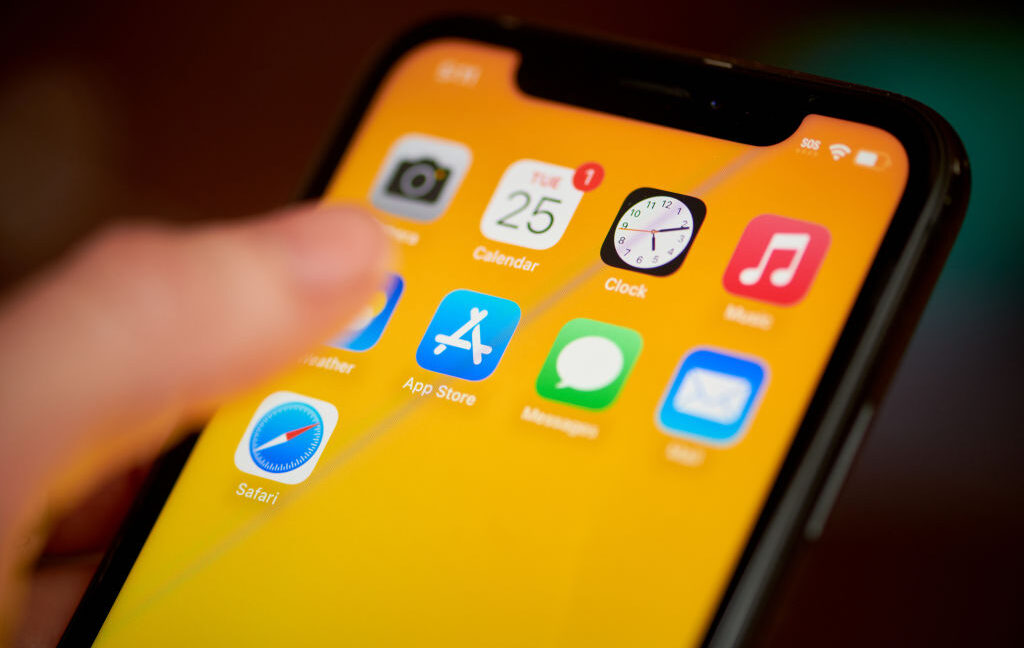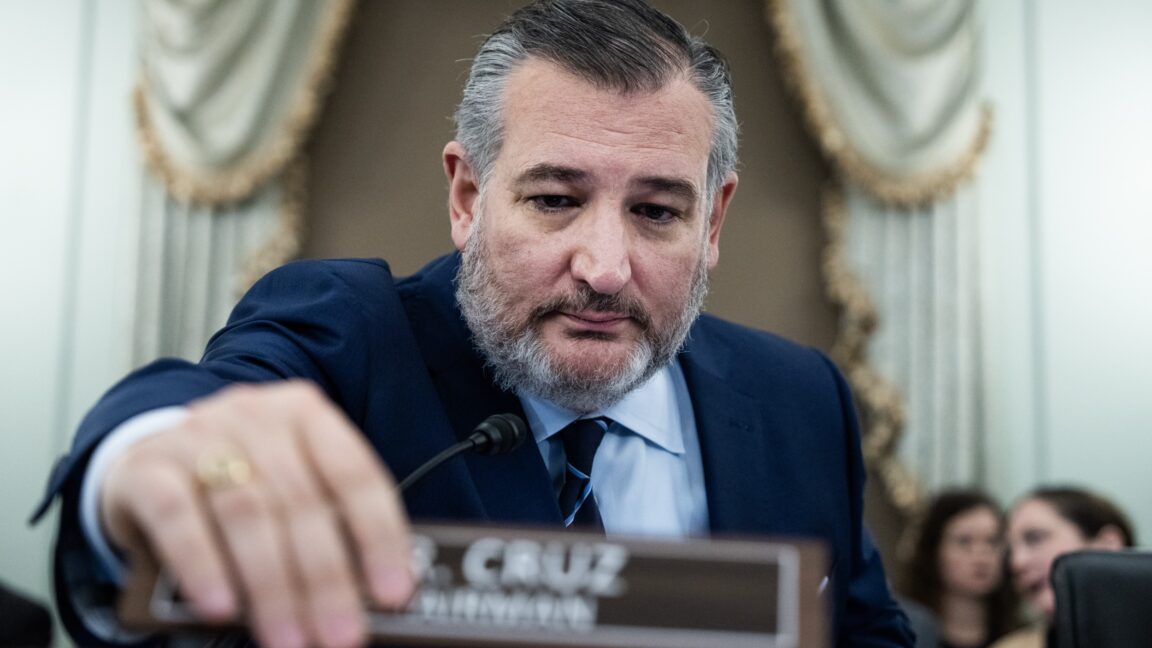The foundation of user trust
Apple: “Hundreds of millions to billions” lost without App Store commissions
Argues that recent "extraordinary Order" is punishment, not based on findings.
Kevin Purdy
–
May 8, 2025 11:54 am
|
72
Credit:
Getty Images
Credit:
Getty Images
Text
settings
Story text
Size
Small
Standard
Large
Width
*
Standard
Wide
Links
Standard
Orange
* Subscribers only
Learn more
Minimize to nav
Many horses, including Spotify and Amazon's Kindle Store, have already left the barn. But Apple is moving quickly to shut the external payments door opened by last week's ruling that the company willfully failed to comply with court orders regarding anticompetitive behavior.
In an emergency motion filing late Wednesday (PDF), Apple described US District Judge Yvonne Gonzalez Rogers' "extraordinary Order" as including an injunction that "permanently precludes Apple from exercising control over core aspects of its business operations, including charging for use of its property and protecting the integrity of its platform and in-app purchase mechanism." A certificate (PDF) accompanying the emergency filing states that the order "fundamentally changes Apple's business and creates destabilizing effects" for App Store customers.
The restrictions, "which will cost Apple substantial sums annually," are not based on the company's conduct, Apple claims, but "were imposed to punish Apple for purported non-compliance" with the 2021 injunction. In her ruling (PDF), Gonzalez Rogers described Apple as conducting an "obvious cover-up" and said that Apple "at every turn chose the most anticompetitive option."
Apple had already altered its App Review Guidelines to comply with Gonzalez Rogers' ruling. Under the updated rules, developers have been able to include buttons, links, and calls to action to consider purchasing subscriptions and in-app payments through external sites and vendors. Apps like Spotify and Amazon's Kindle have already placed buttons and had their updates approved by Apple, and vendors like Stripe have been providing guidance on taking payments without Apple's commission. Before this, under a 2021 injunction at issue in recent filings, Apple charged a 12 to 27 percent commission on external payments, with significant filing and auditing requirements.
Epic, whose lawsuit against Apple following Fortnite's removal from the App Store kicked off this yearslong legal battle, complained about Apple's restrictions on external payment methods. That led to Gonzalez Rogers' order, which found that Apple "willfully" failed to comply with her 2021 injunction and referred the matter to federal prosecutors for potential criminal charges. Apple’s motion seeks to stay the injunctive opening of its App Store to external payments while it prepares its appeal.
Apple argued in its emergency motion last night that its appeal would show that it complied with the 2021 injunction "by allowing iOS app developers to convey information to users about alternative purchase options." Apple argues that the original injunction "says nothing about commissions or pricing," nor about conditions for link placement and language.
"The new rules profoundly undercut the integrated iOS ecosystem that this Court sustained as lawful and that is the foundation of user trust and confidence in the App Store," Apple's motion reads. Compliance with the order would cost "hundreds of millions to billions" of dollars, "which Apple can never recoup," Apple argues.
Kevin Purdy
Senior Technology Reporter
Kevin Purdy
Senior Technology Reporter
Kevin is a senior technology reporter at Ars Technica, covering open-source software, PC gaming, home automation, repairability, e-bikes, and tech history. He has previously worked at Lifehacker, Wirecutter, iFixit, and Carbon Switch.
72 Comments










